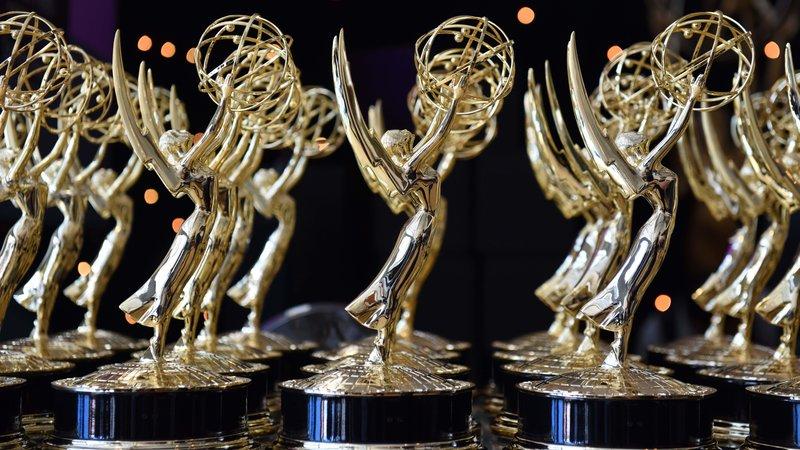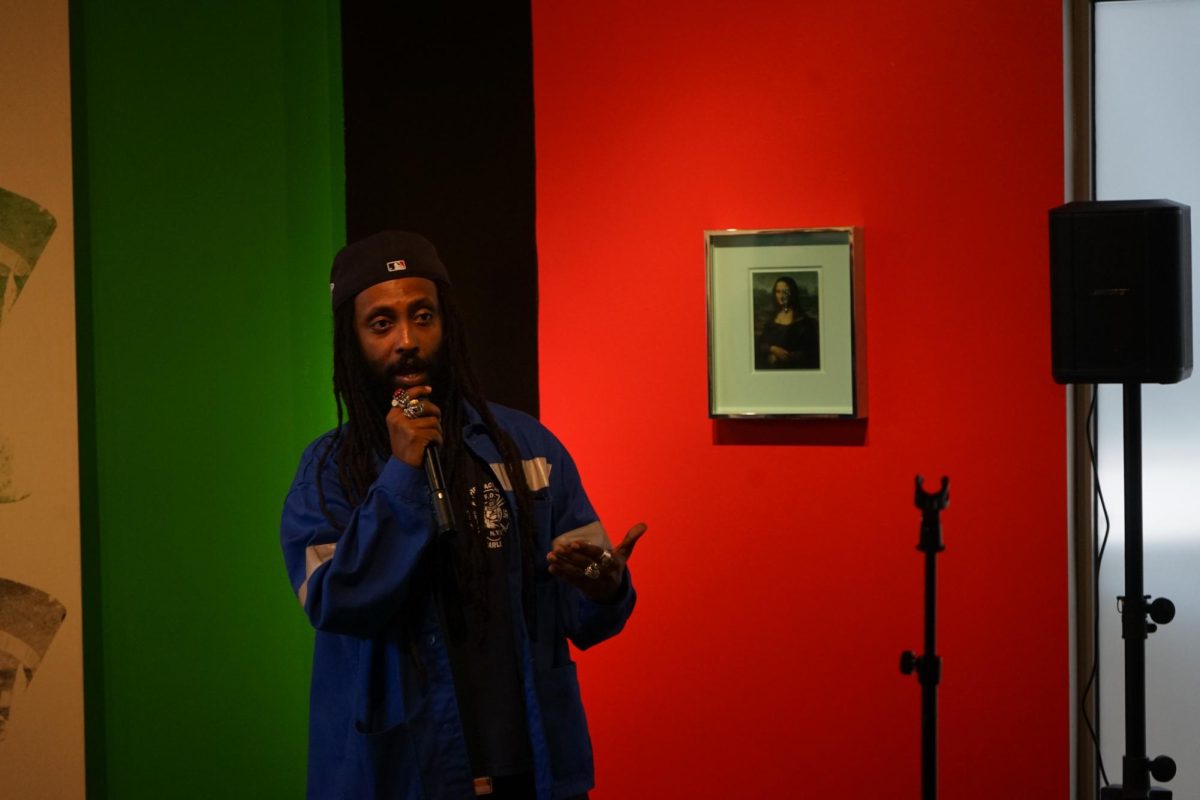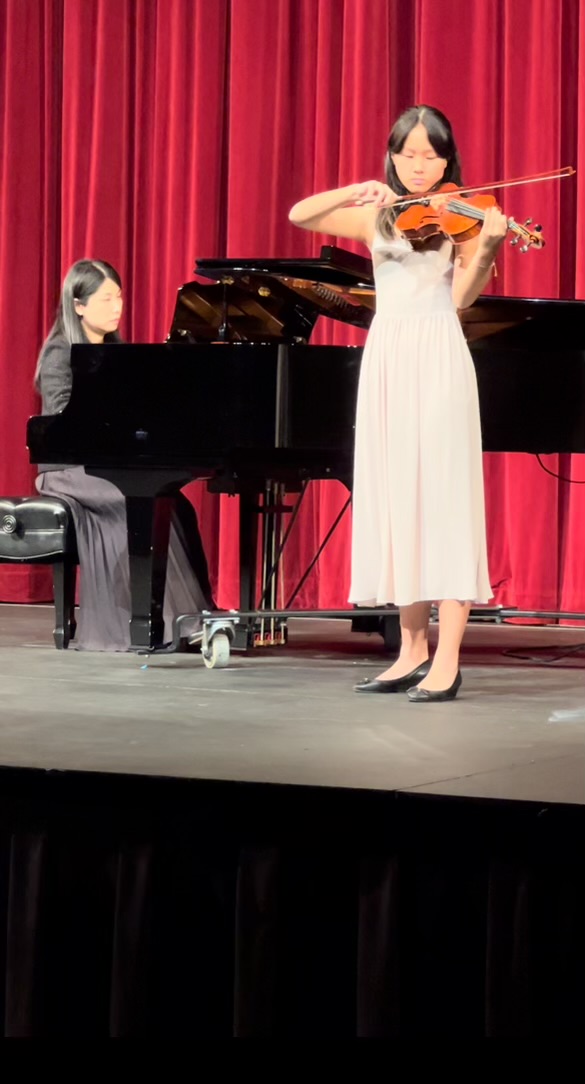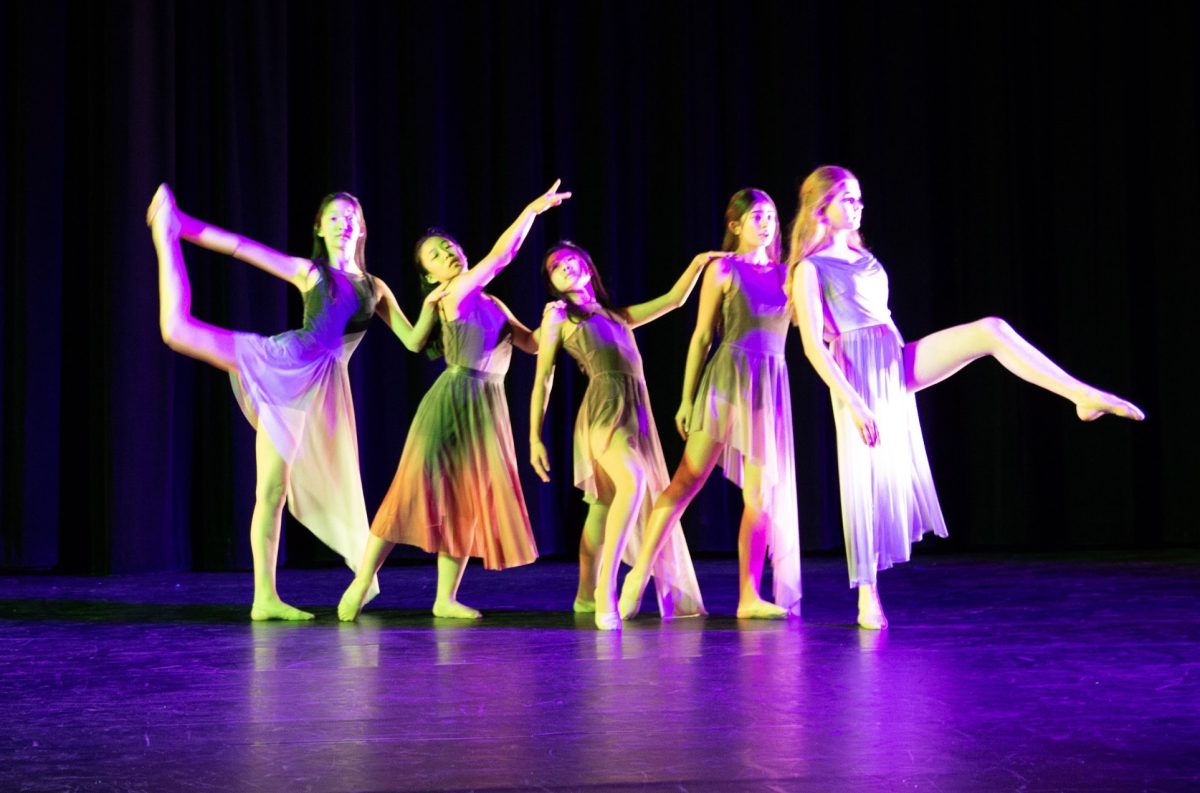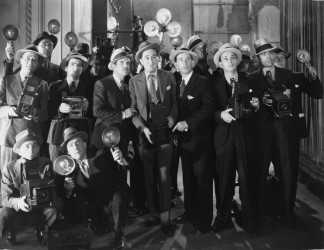The Emmys, this year, despite having some fun bits, was hostless, and didn’t hit its usual mark as a memorable experience. Even with the great competition, it somehow didn’t manage to have the same charm it has shown in the past.
The main problem was the aforementioned lack of a host. For over 50 years, almost every award show has featured some big name to start off the event and make (usually) funny comments throughout. However, The long-held tradition of a humorous host was ultimately broken this year when there was no recurring character to start off the event and draw us into each new nomination; without a host, there is nothing to look forward to between presenters, there is no summary of what happened so far. A faceless award show loses a lot of the fun that might have been.
There was an extremely weak attempt this year at something resembling a host, but it hardly deserves a mention. Thomas Lennon, a character actor, sat in a chair and spoke into a microphone, nowhere near the stage, with cringe-worthy comments and eyebrow raises after every award given. It did NOT work.
The news that there would be no host clearly had an effect on the success of the show. Typically, these events will advertise who’s hosting as an ad campaign, months in advance, but without anything to build the hype over the Emmys, hype was not built.
The statistics really show how this seemingly slight change affected the overall appeal of the show itself. The clear lack of interest is shown in the measly 6.9 million people that tuned in last weekend. That may sound like a lot, but these viewing numbers were down 32% from last year, and last year was not a high.
Further Harvard Westlake students echo the view of the general public. Less than 20% percent of students watched the program, and those who did claimed not to have enjoyed it.
Janie Chandrasekhar ’24, said that the Emmys are “one of the less important award shows”, and that the Emmys do not cater to “different demographics. So we have to ask, would the Emmys be more favorable if there were mainstream categories for popularity and not just critical acclaim?
In a world of binge-watching and teenage dramas, could the Emmys making way for shows that are for younger demographics save them in the long run? It’s impossible to tell, but for now, it seems clear that something needs to change if the Emmys want to get back to the fun, enjoyable experience they once were.
